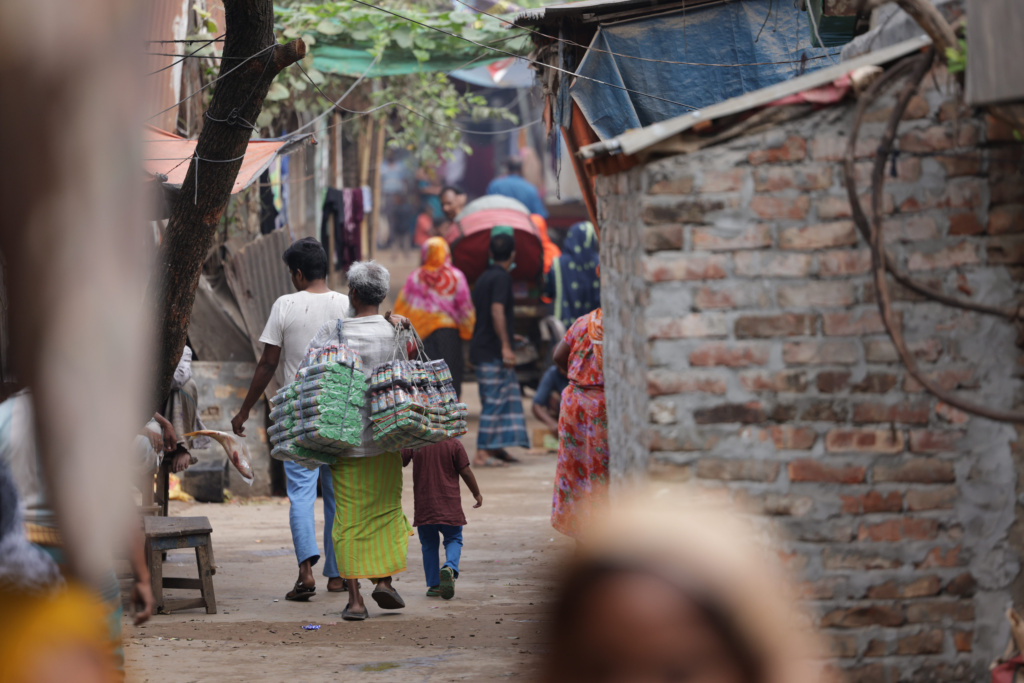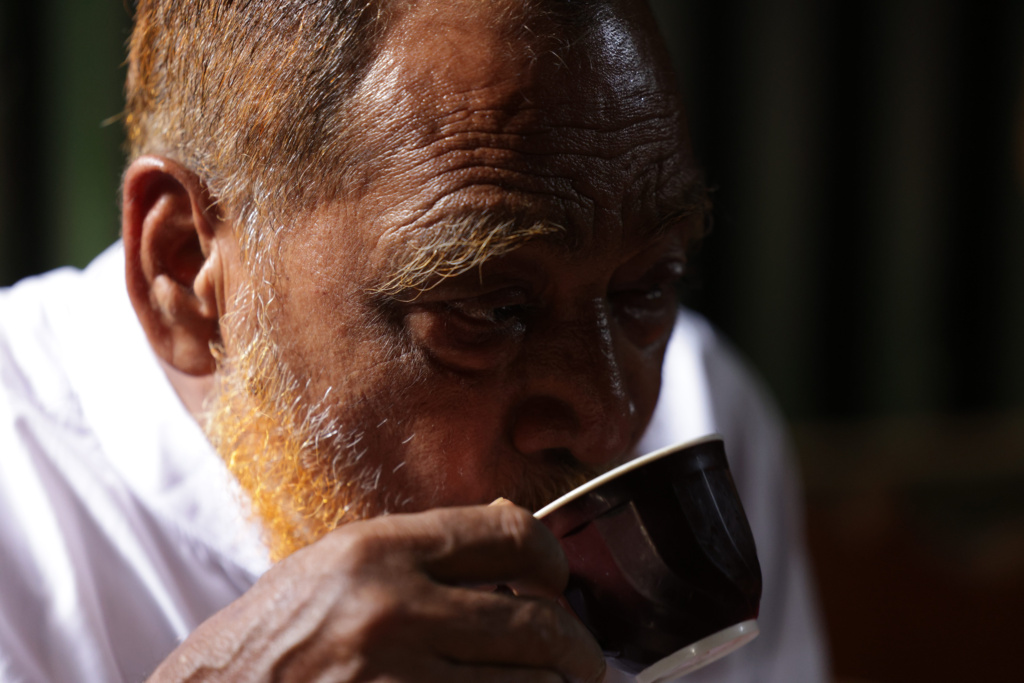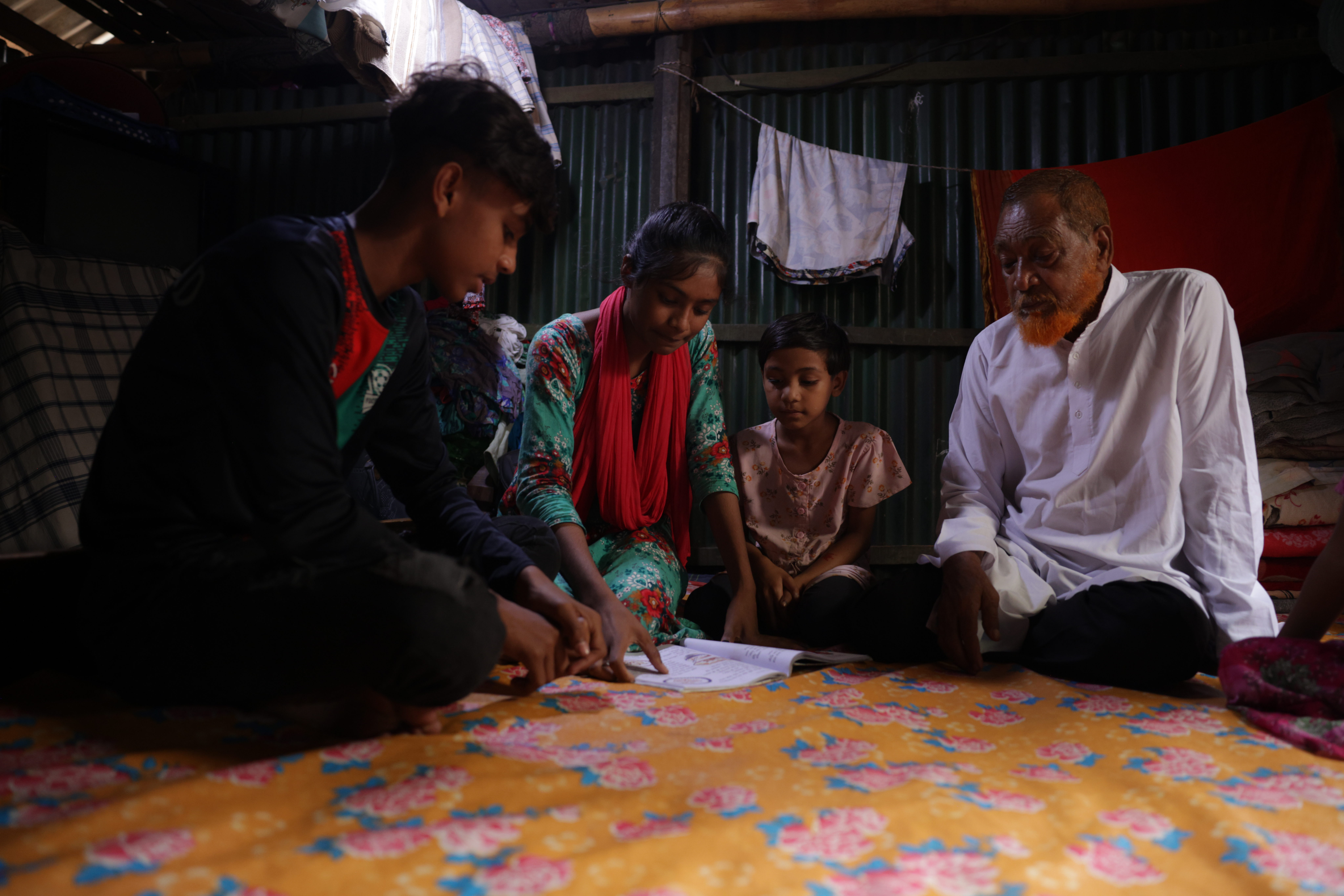Currently over 1 billion people worldwide are living in informal settlements, also known as slums, with over 370 million living in East and South East Asia. Not only are these communities struggling with access to adequate shelter but also to basic services like WASH (Water, Sanitation and Hygiene). The also experience a range of challenges relating to security, exploitation and increasing exposure to the effects of Climate Change.
Habitat for Humanity International has launched the ‘Home Equals Global Advocacy Campaign’ to tackle this issue. For Habitat Australia, our objective is to increase the understanding and recognition within the Australian government international development programs of the fundamental intersectionality of housing and settlements with DFAT priorities such as resilience to climate change, gender equality, health, market development and social protection of children and vulnerable adults.

We believe that home equals safety and security, home equals health and home equals opportunity for a better future.
Together we can change policies, level the playing field and achieve equity. And equity starts at home. Through secure land rights, increased civic participation, climate resilience and access to basic services, we can tackle poverty, improve health and education, promote gender and racial justice and support economic growth for everyone.
This is the story of Raje, an activist living in Dhaka, Bangladesh who has helped with the formation of the Beguntila informal settlement and is vice president of the community WASH committee. Raje is currently collaborating with NGO’s to increase access to basic services for people living in Beguntila, however it hasn’t always been this way, Raje’s expertise comes from lived experience.
Raje previously lived in Ramna, another informal settlement in Dhaka where tarps and other impermanent materials were often used to build houses. In 1999, the Bangladeshi government had plans to evict more than 5,000 residents from this settlement and a dozen others, leaving them with no place to call home. With the help of local political leaders and NGO’s, the residents alongside Raje, his wife and his daughter protested outside the High Court for almost a week, appealing the eviction and advocating for justice and rehabilitation.
The protest was considered successful, with the High court agreeing to relocate 5,454 families temporarily on public land. From here, 900 families made the move to a four-acre plot in Beguntila, a significant win for Raje and his family as they were able to remain in their hometown.
“When I come back home and see my grandchildren smiling and playing, I feel very, very peaceful” he says. “I feel good living in this area, Everyone around me respects me as an elder.”
Despite this, early years in Beguntila were not easy, with knee- high mud and rainwater often rising to waist height. Raje’s family used polythene sheets that were held up by pieces of wood as their shelter. Later they used bamboo for the roof and for the walls. There was no piped water supply and the people had to pay for containers of water from private vendors. In 2015, Raje’s family was among 30 families who partnered with Habitat for Humanity Bangladesh to replace the worn-out corrugated iron roofing sheets and strengthen the columns of their houses. Raje still lives in the repaired house with his wife Anowara, their youngest son Faruq, daughter Shirina and four grandchildren. He continues to work with various NGO’s to improve the living situations of those in the settlement and because of his advocacy, since 2004 Beguntila has had access to clean water and is connected to the local governments electricity grid. Drainage and sanitation remains an issue, ; however, the formation of a community WASH committee aims to tackle this.
Raje’s story and his continued motivation and persistence since that protest back in 1999, prove that whilst those living in informal settlements may not have the resources and access to decent housing, there is no lack of ability or self-determination. Positive change is constantly happening and with the support of organisations like Habitat for Humanity, their voices can be even further amplified. That is why over the next five years Habitat for Humanity will work with relevant stakeholders to improve polices that ensure a more equitable world where everyone has a safe and secure place to call home.

Learn more about the Home Equals Campaign here; including how to pledge your support of the one billion people living in informal settlements. You can also learn more about the issues and invite others to join, in supporting the campaign’s vision of a more equitable world.


